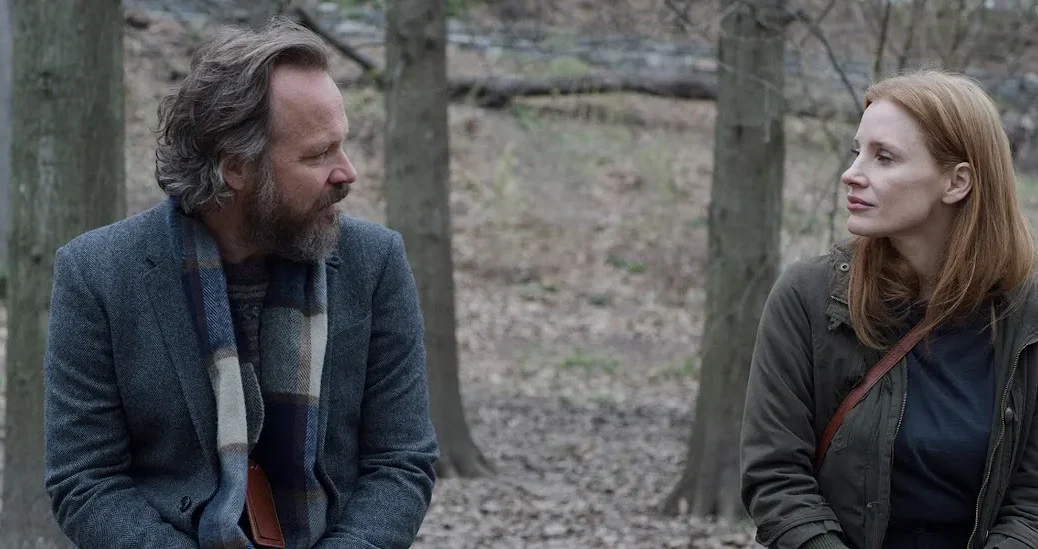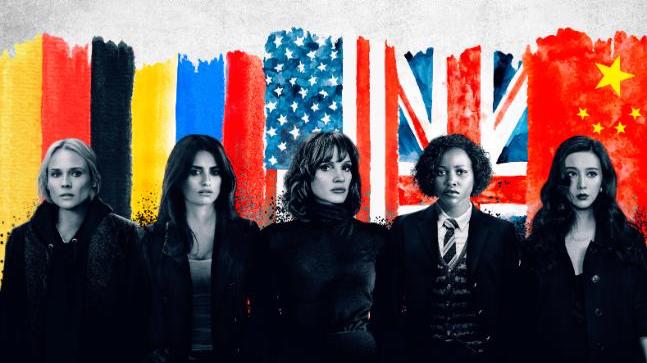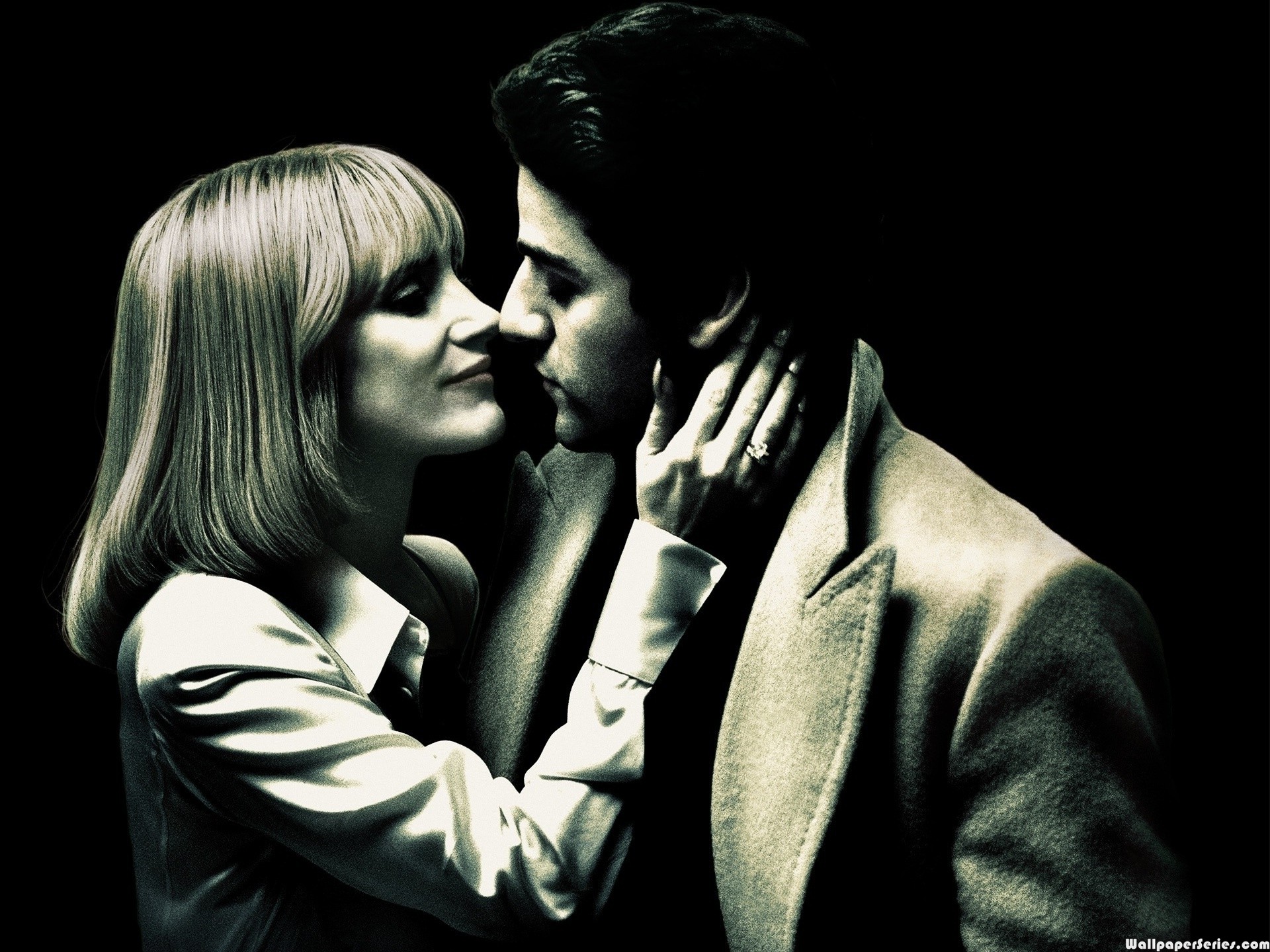Memory
by Hope Madden
“I remember…”
These are the first words uttered in Michel Franco’s deceptively spare drama, Memory. Sylvia (Jessica Chastain) is celebrating 13 years of sobriety at an AA meeting. She’s brought her daughter, and those around her are remembering her impact on them.
For the next 140 minutes, Franco examines what’s true and what’s faulty in the human memory, and what he finds is sometimes harsh and unpleasant, but just often, profoundly tender.
Chastain’s performance is brittle but with complexity and depth. Sylvia’s life, and her hard-edged wall, are built from the years of being denied her truth. She knows who she is and she’s doing what she can with that.
Saul (Peter Sarsgaard, astonishing) does not always know who he is, but when he does the film shimmers with life and humanity. Saul follows Sylvia home from a high school reunion of sorts. The catalyst is provocative in that it makes Sylvie reconsider her own memory, which allows those around her to reignite their assault on its veracity.
A razor-sharp ensemble lends remarkable support to Chastain and Sarsgaard. Jessica Harper, in particular, is picture perfect, her sly and cheery manipulation leading to an emotional climax blistered by authenticity.
Memory is a bit of a departure for Franco, who’s films often keep audiences at arm’s length from the emotional turmoil beneath a character’s enigmatic surface. Not so here. Chastain’s slowly melting wall of ice creates real intimacy, and what she reveals beneath is raw.
She and Sarsgaard are veteran talents reveling in an opportunity to discard artifice and create something untidy. Their work, particularly in scenes together, testifies again to each actor’s remarkable skill.
Franco’s films rarely answer all the questions they ask, and can feel almost shapeless and often hopeless. Memory is a departure here as well. Though it’s far less rigidly structured than many Hollywood films, there’s a comforting structure to it and, more comforting, an undeniable spark of hope.











